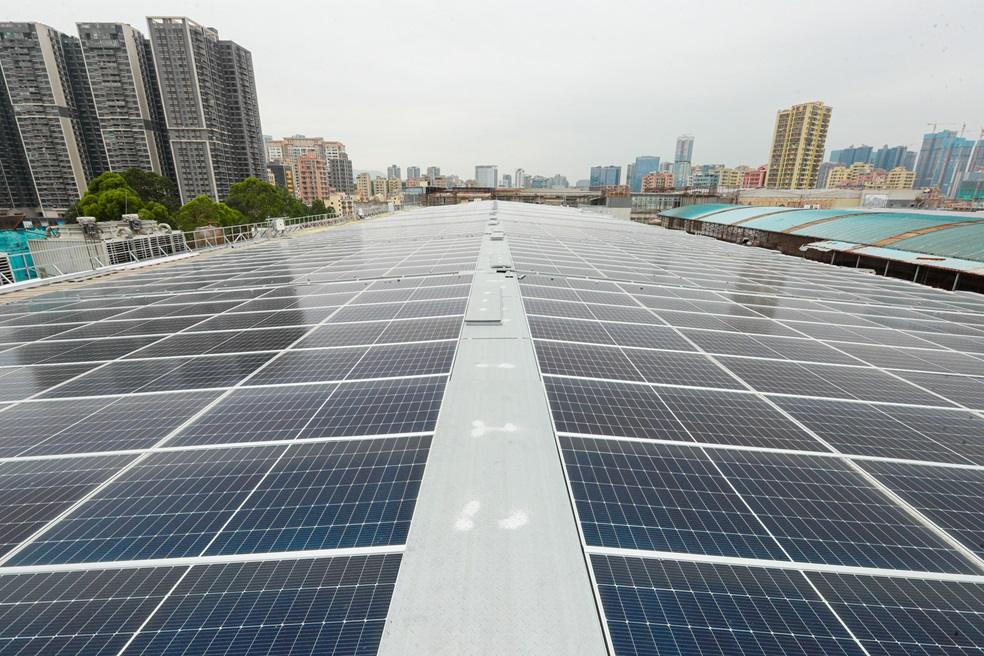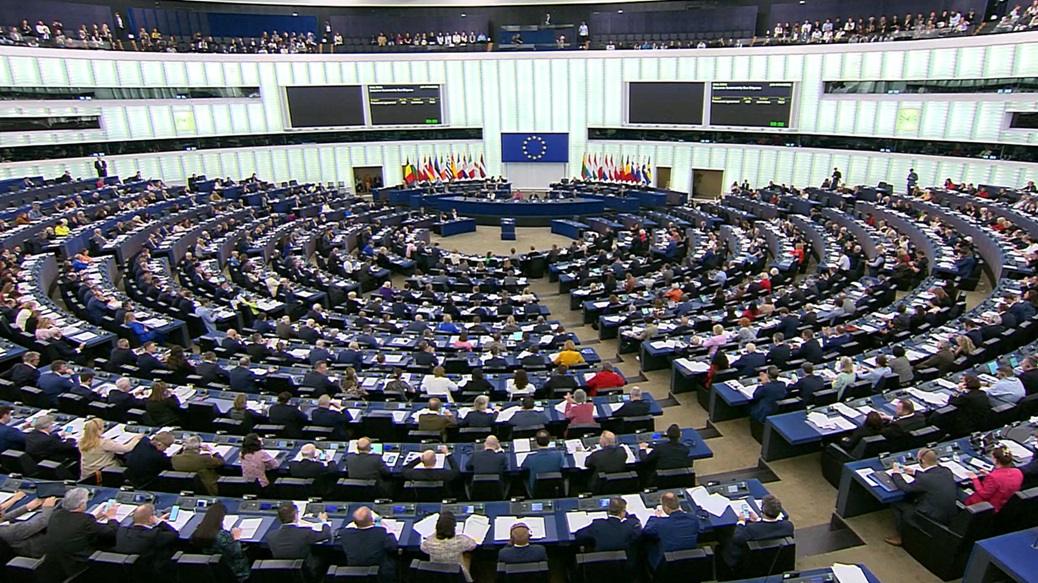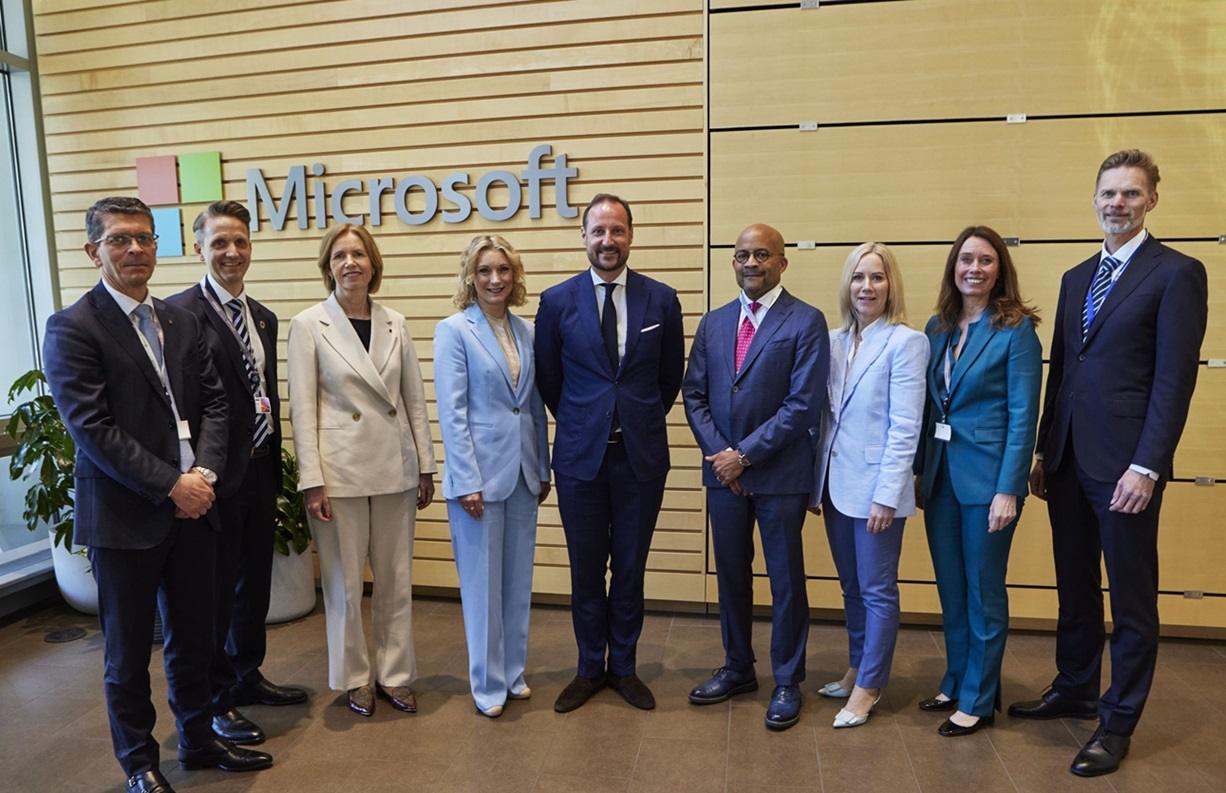Aramark Commits to Cut Carbon Footprint of the Food it Serves
Food, facilities management, and uniform services company Aramark announced today it a new goal to cut greenhouse gas (GHG) emissions related to the food it serves in the U.S. by 25% by 2030. The new pledge forms part of the commitments made by the company as a new signatory to the World Resources Institute’s (WRI) Cool Food Pledge.
WRI’s Cool Food Pledge is aimed at helping organizations to commit to and achieve science-based targets to reduce the climate impact of food. Signatories commit to the 25% by 2030 reduction, are guided through a strategic planning process to serve more-climate friendly food, and work with the Cool Food team to engage diners and employees and to promote their achievements.
Edwina Hughes, Head of Cool Food at World Resources Institute, said:
“This announcement means huge numbers of Americans will be able to reduce their carbon footprint through what’s on their plate. That’s extremely encouraging because it’s the kind of scale that’s needed to reach global climate targets before it’s too late.”
WRI has also developed the Cool Food Calculator and methodology for measuring the GHG emissions of a company’s food purchases, providing a total climate footprint for food procured against which to gauge and track progress, and the Cool Food program label program, communicating to consumers which menu options have a low carbon footprint, in line with food-related emissions levels needed to meet 2030 climate goals.
Earlier this year, Aramark announced plans to roll out Cool Food Meals at 10 U.S.-based universities in the Spring 2022 semester. Today, the company stated that it aims to expand the availability of Cool Food Meals to all Higher Education, Workplace Experience, and Healthcare+ accounts in the United States in January 2023. Cool Food Meals menu items will now be expanded to almost 1,500 locations in the U.S.
Alan Horowitz, Vice President of Sustainability at Aramark, said:
“Partnering with WRI on the Cool Food Pledge will help us slash our food-related greenhouse gas emissions, while substantially expanding the availability of Cool Food Meals. This will make it easier for more of our guests to make climate-friendly and plant-forward meal choices, which according to our research, is what they increasingly want.”





